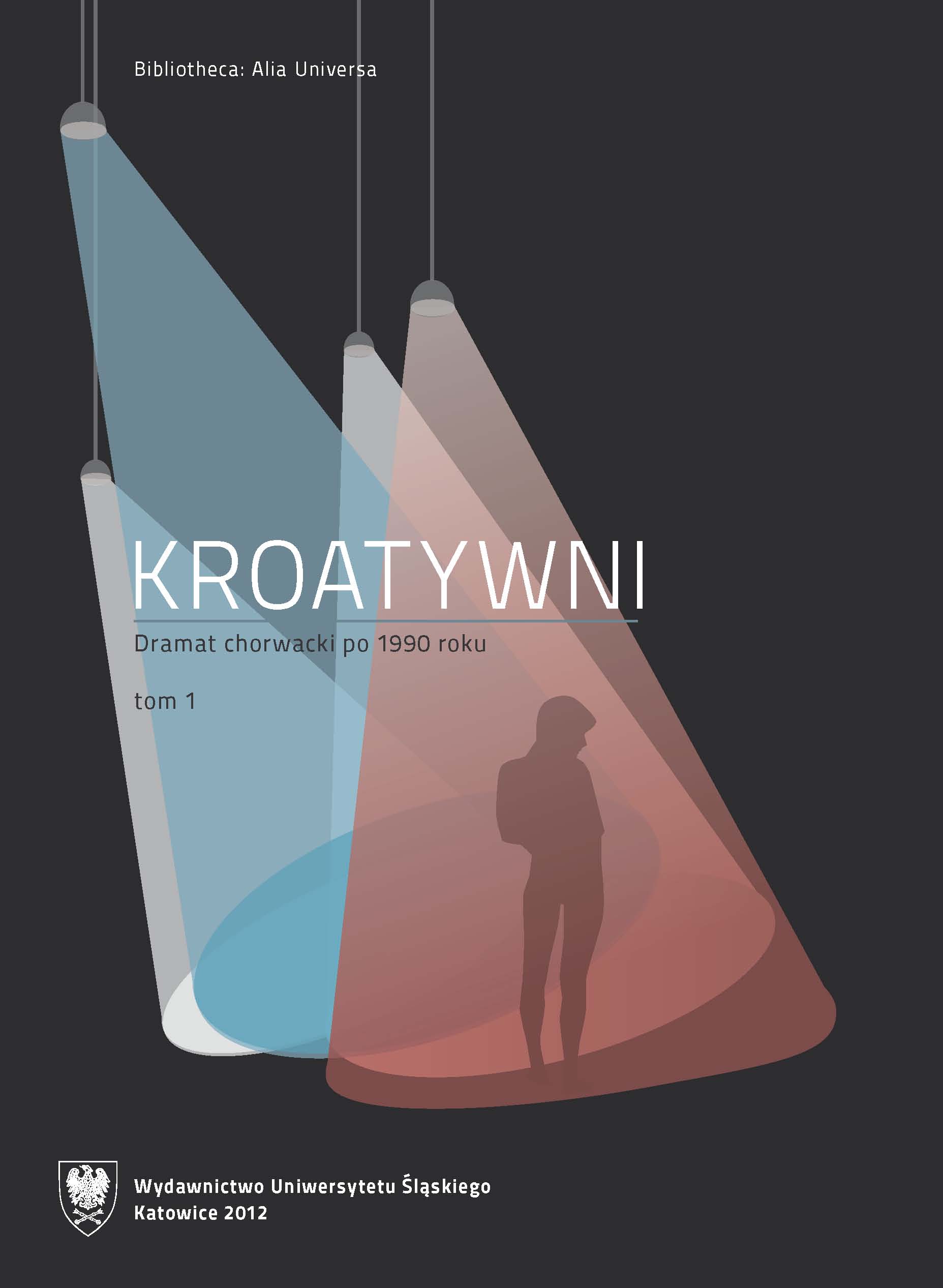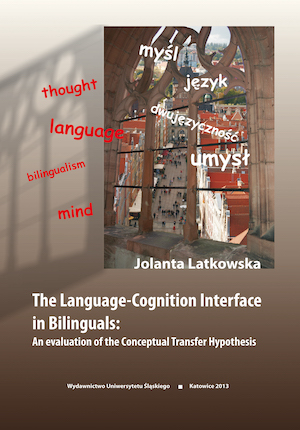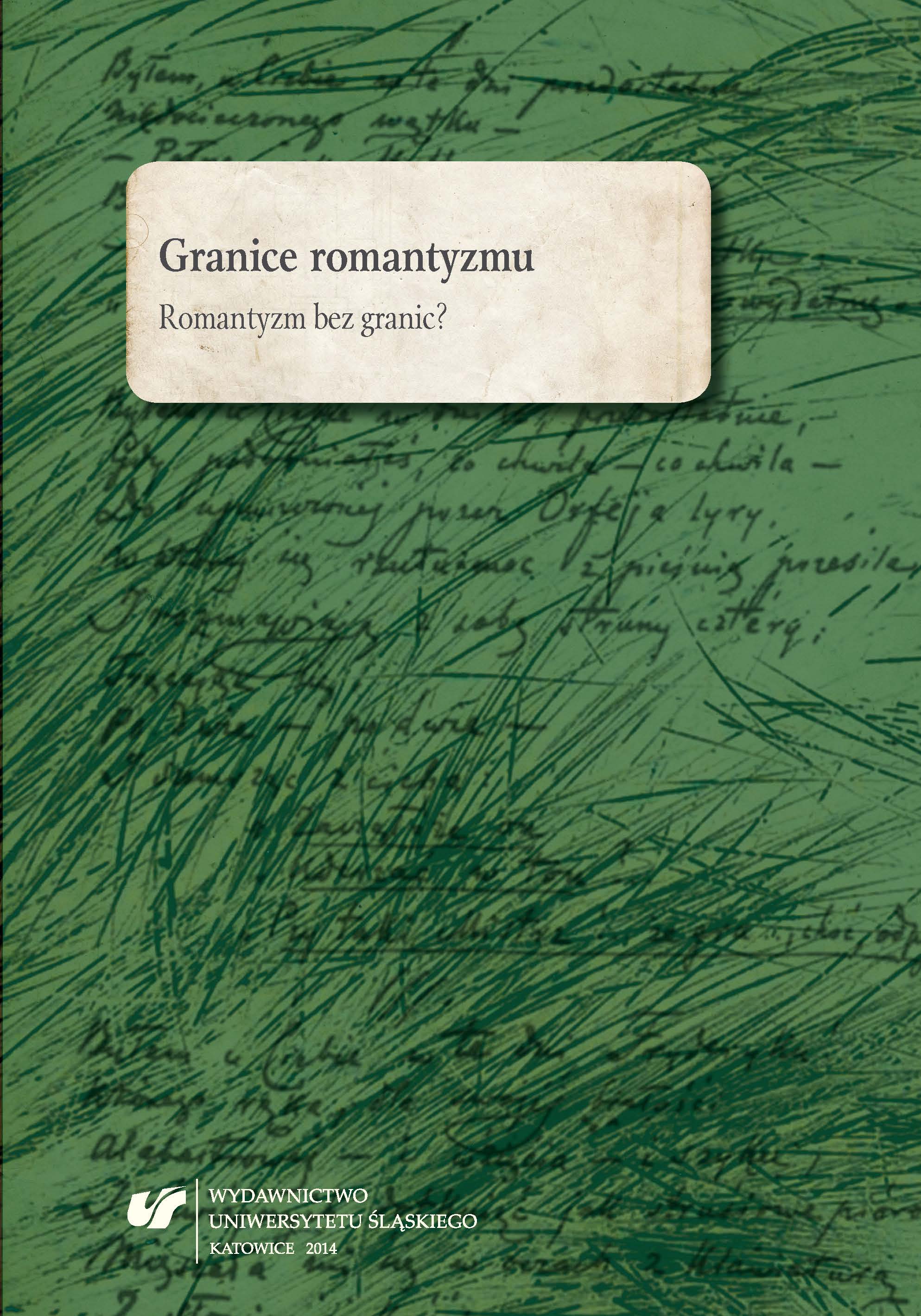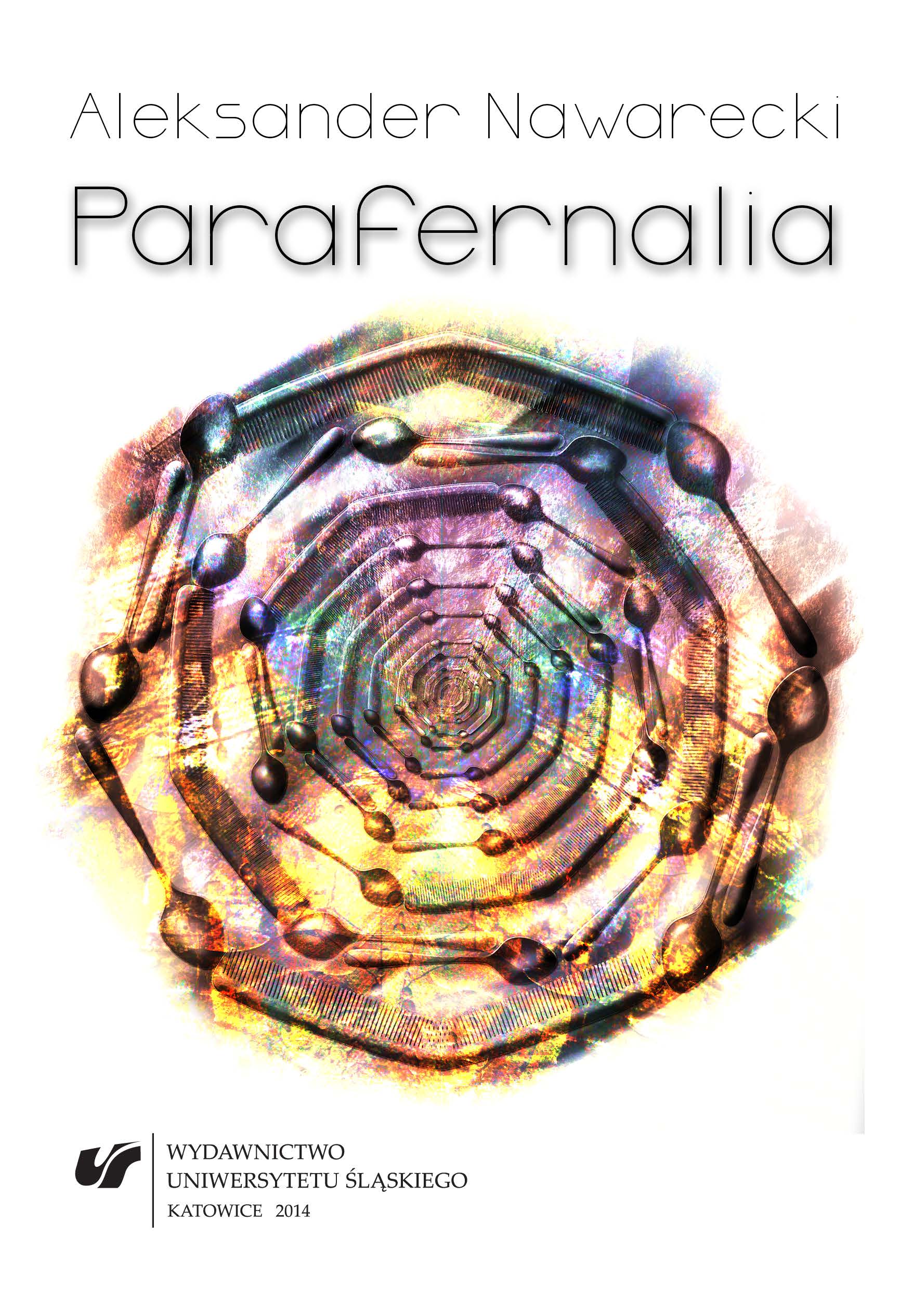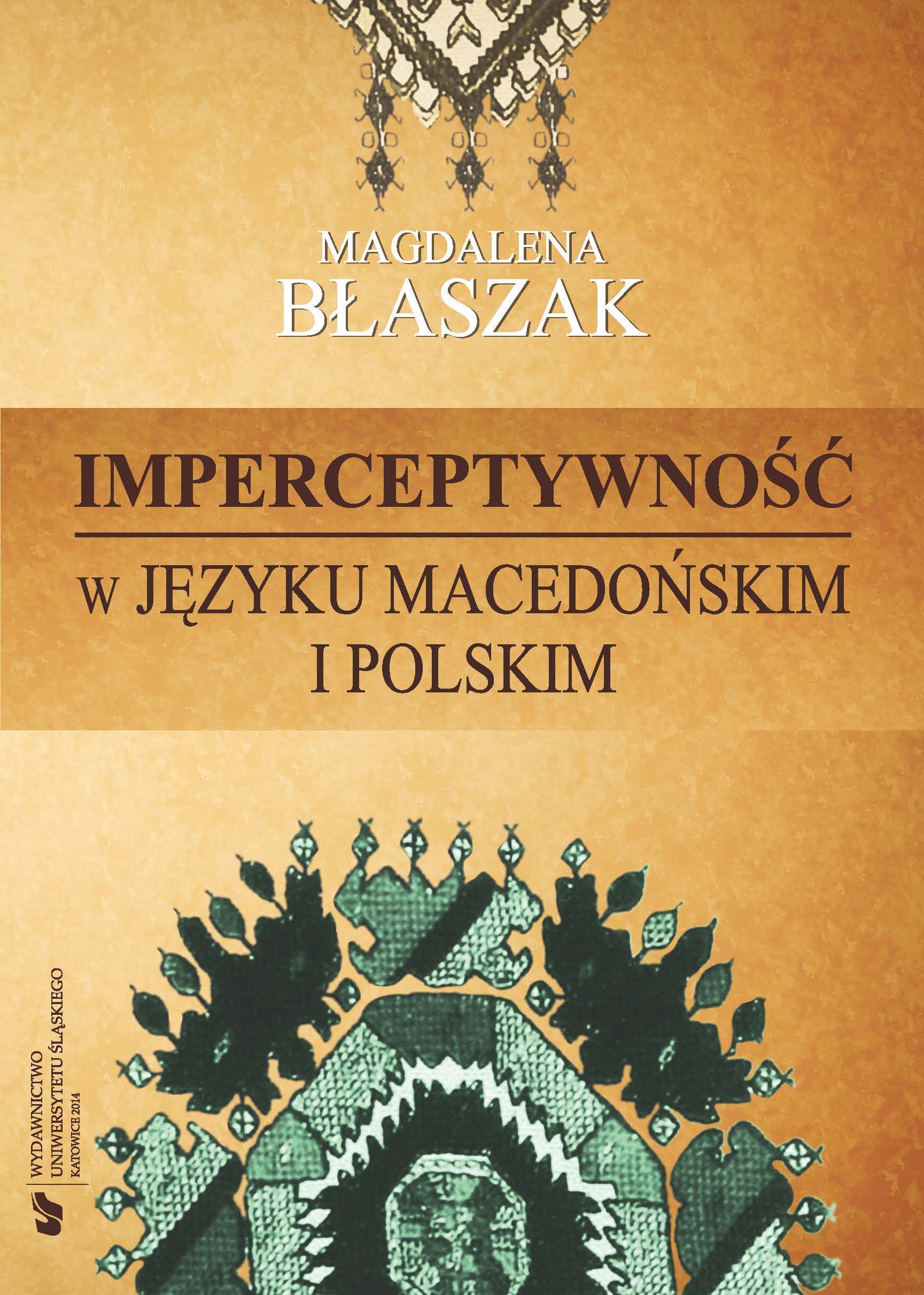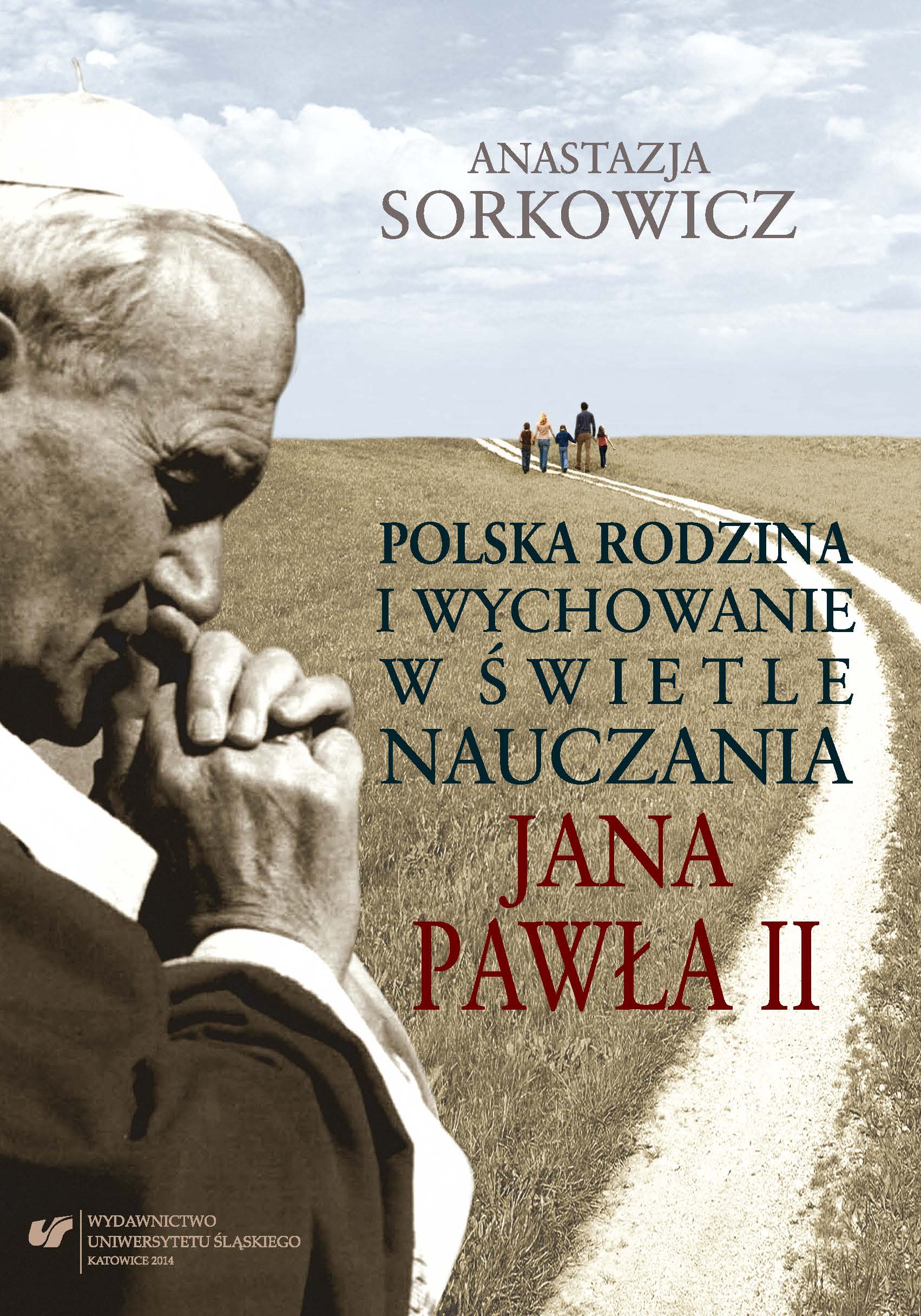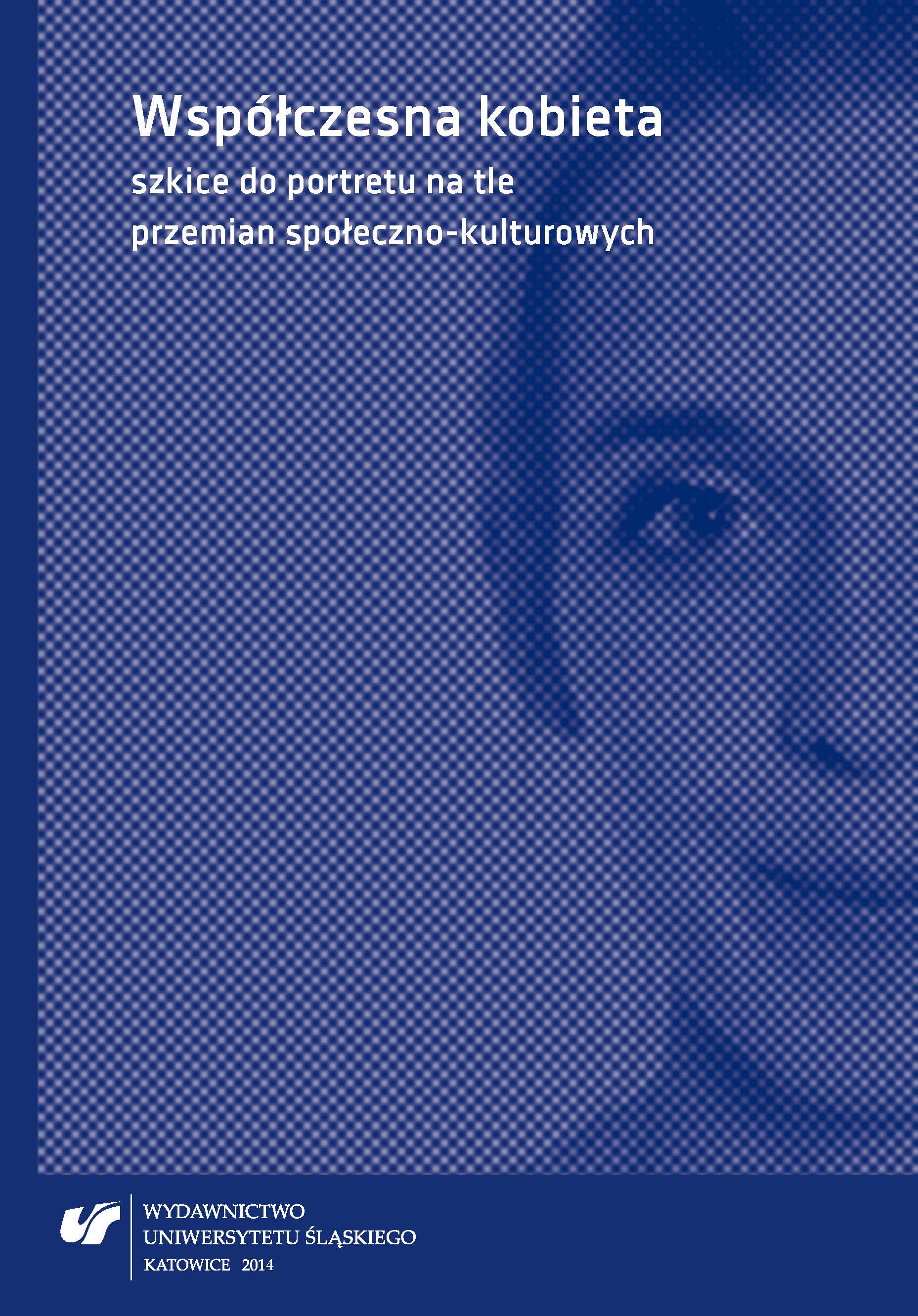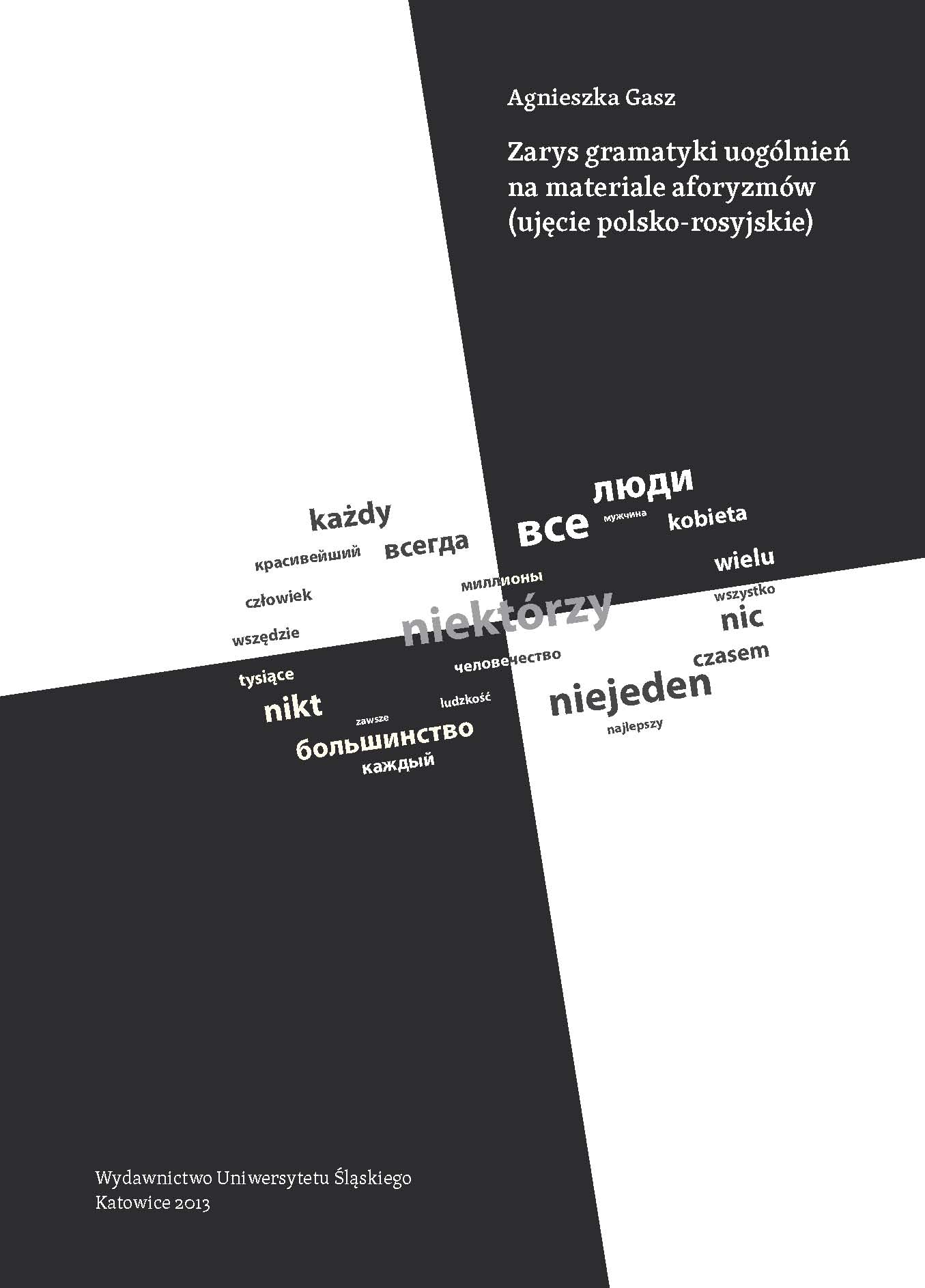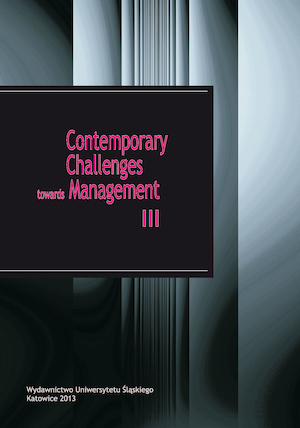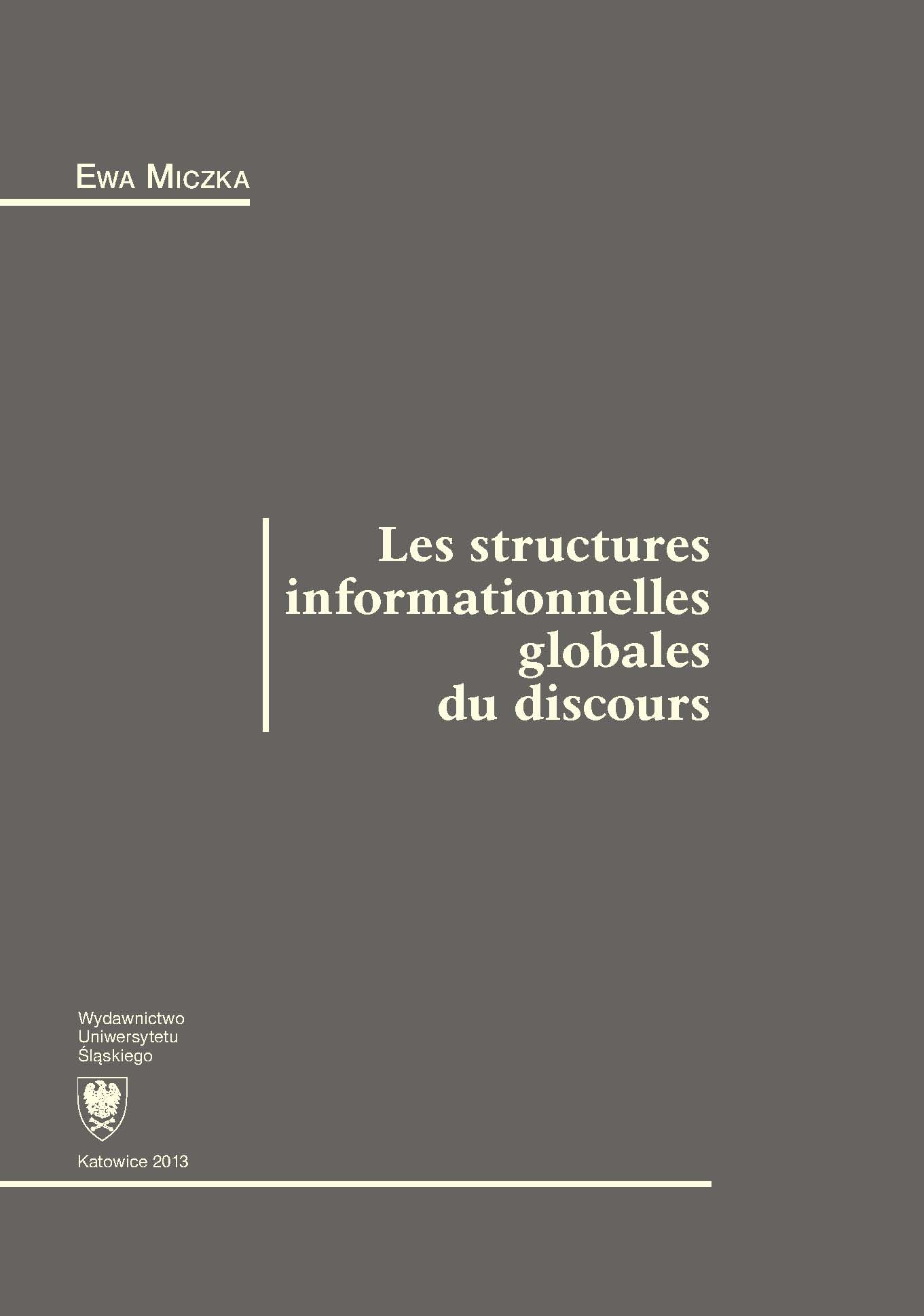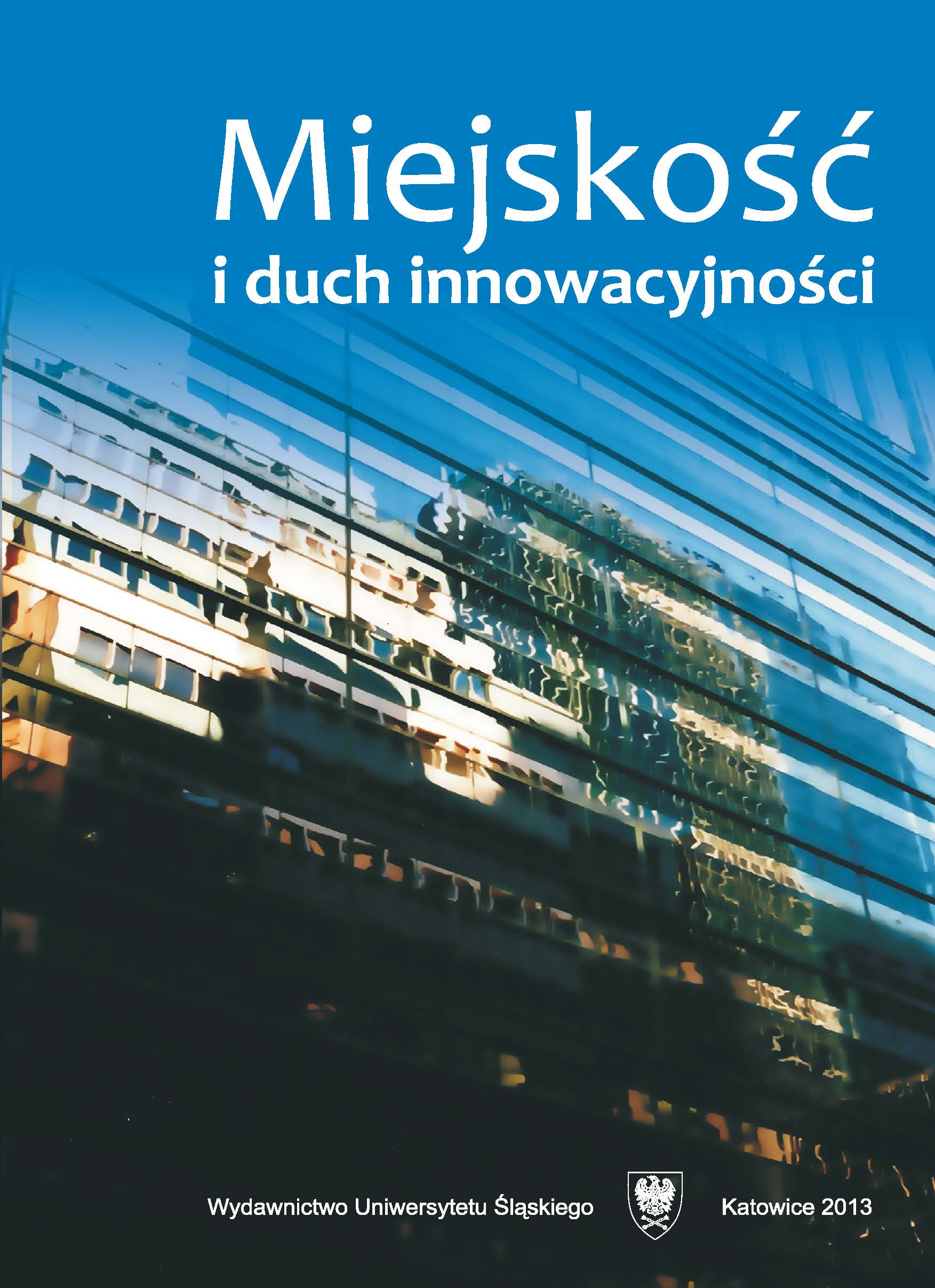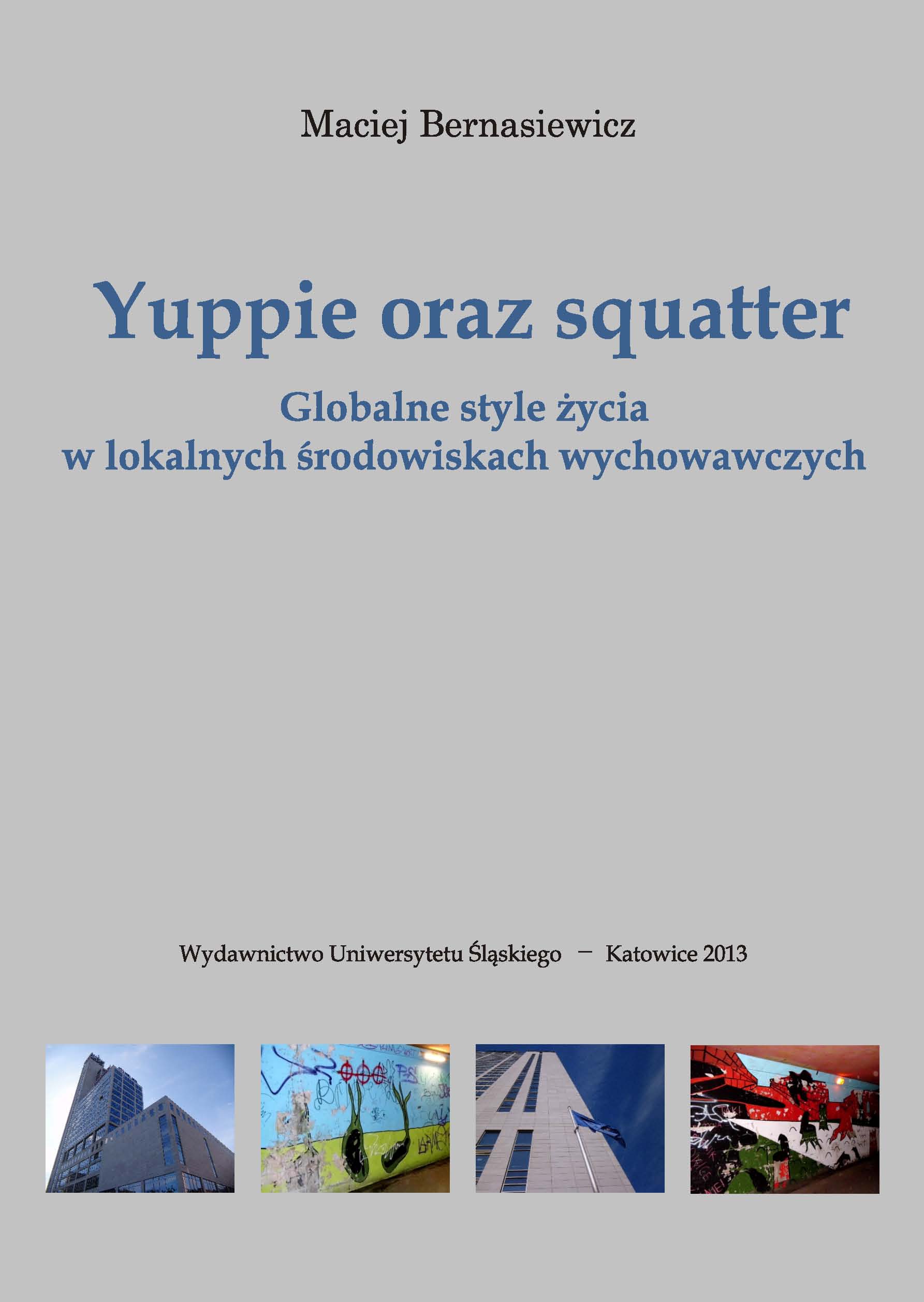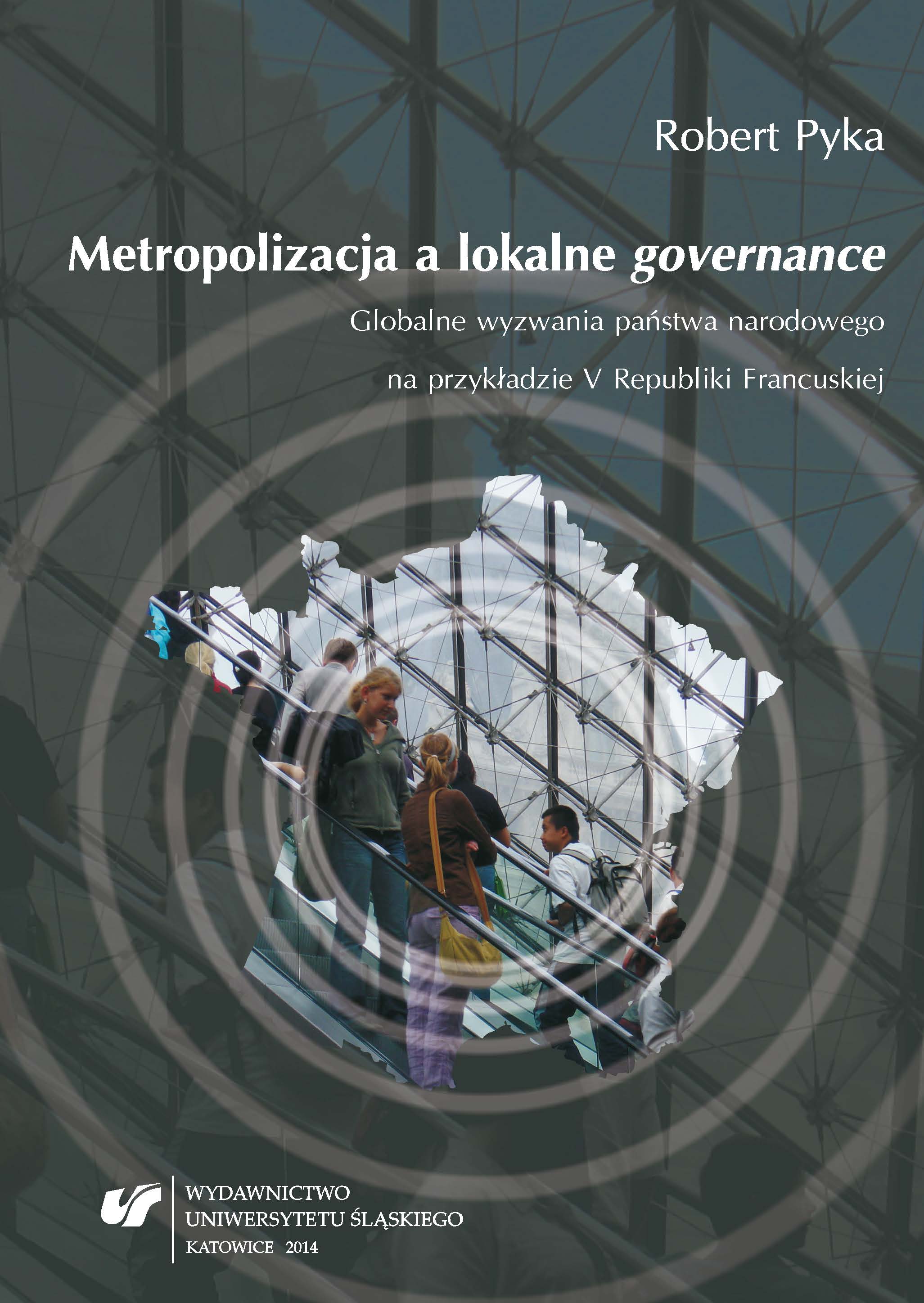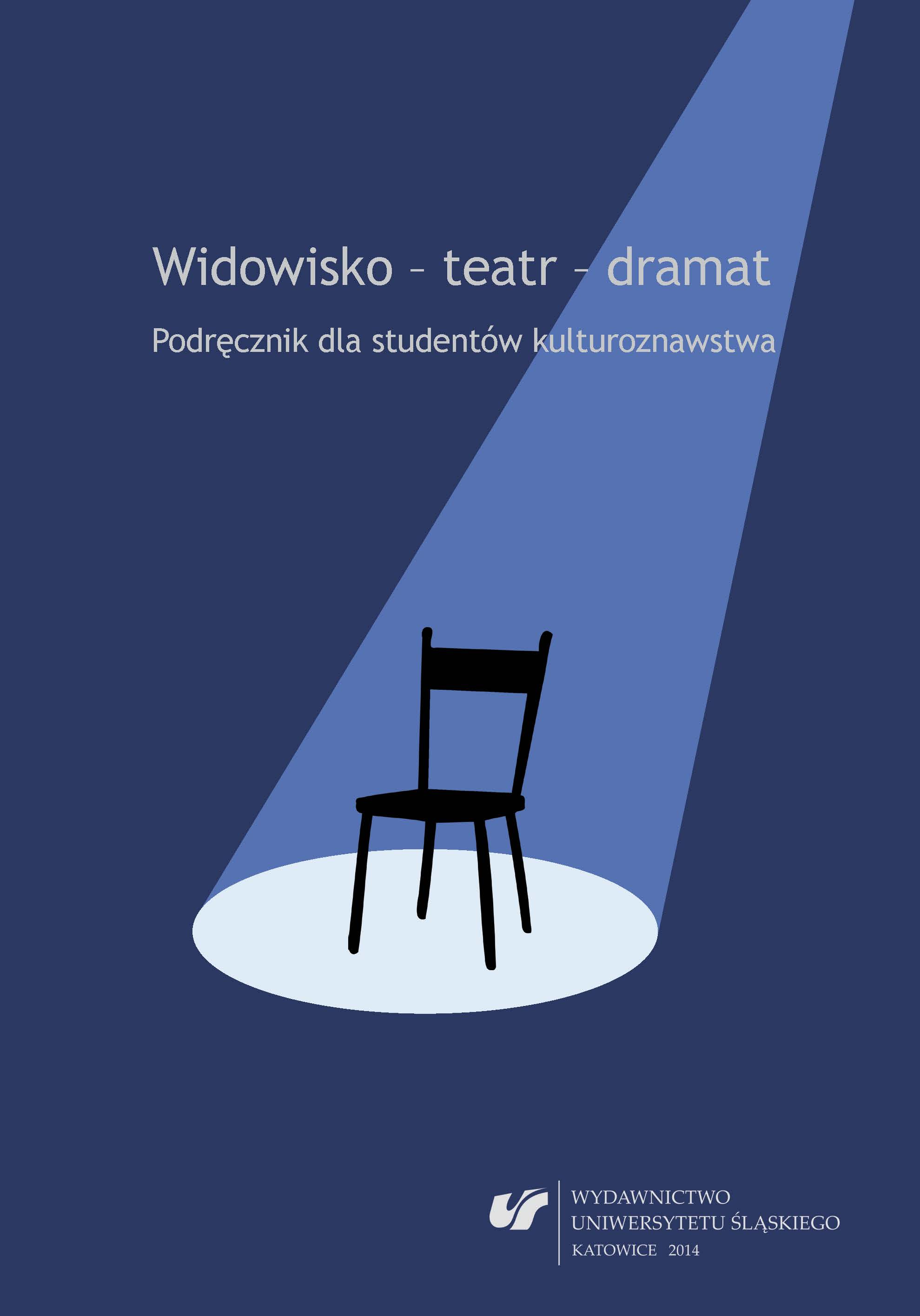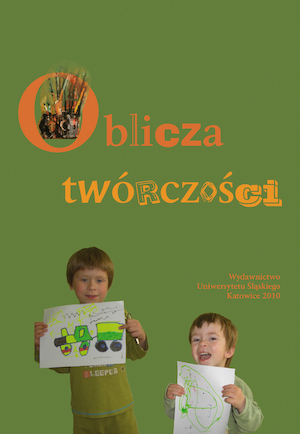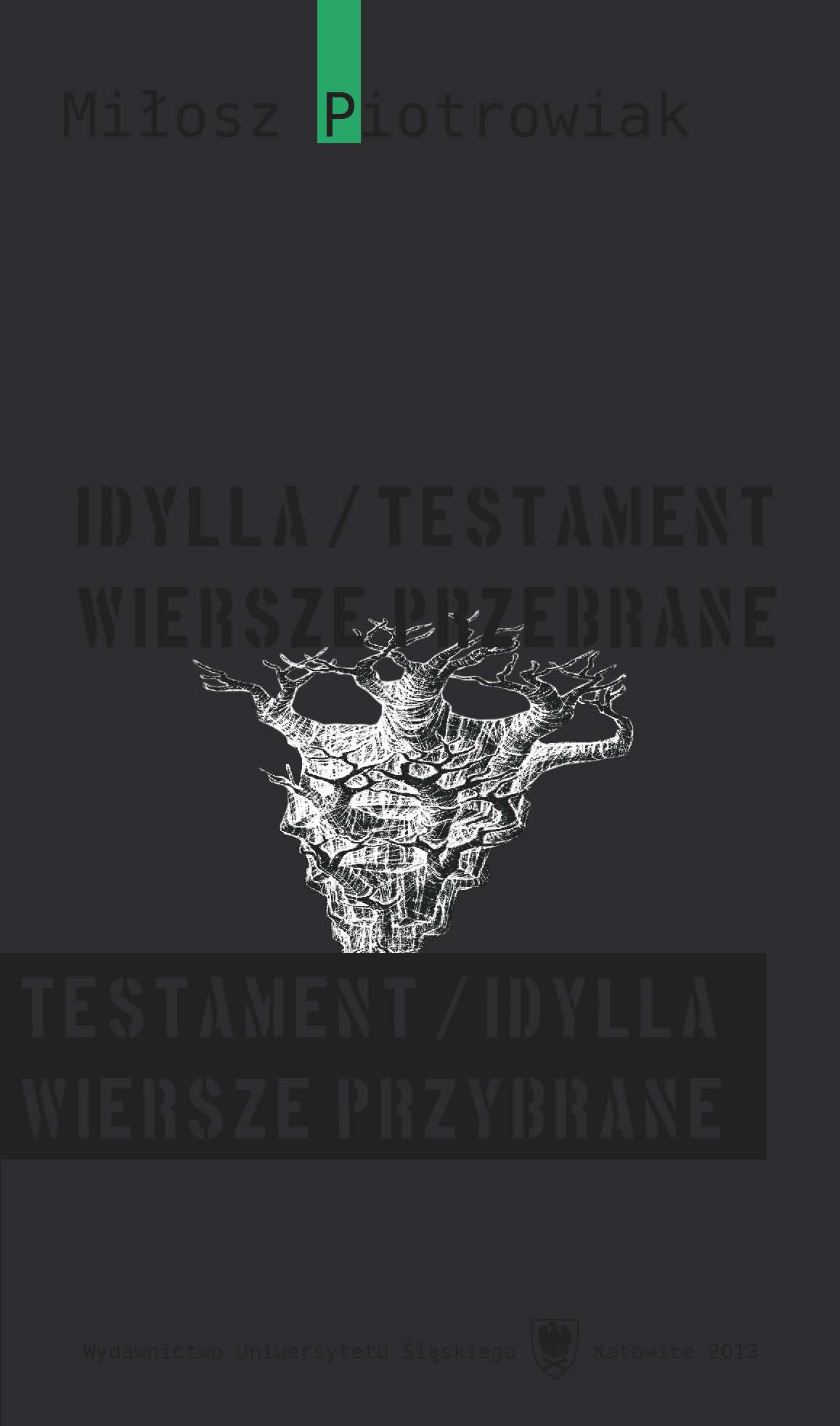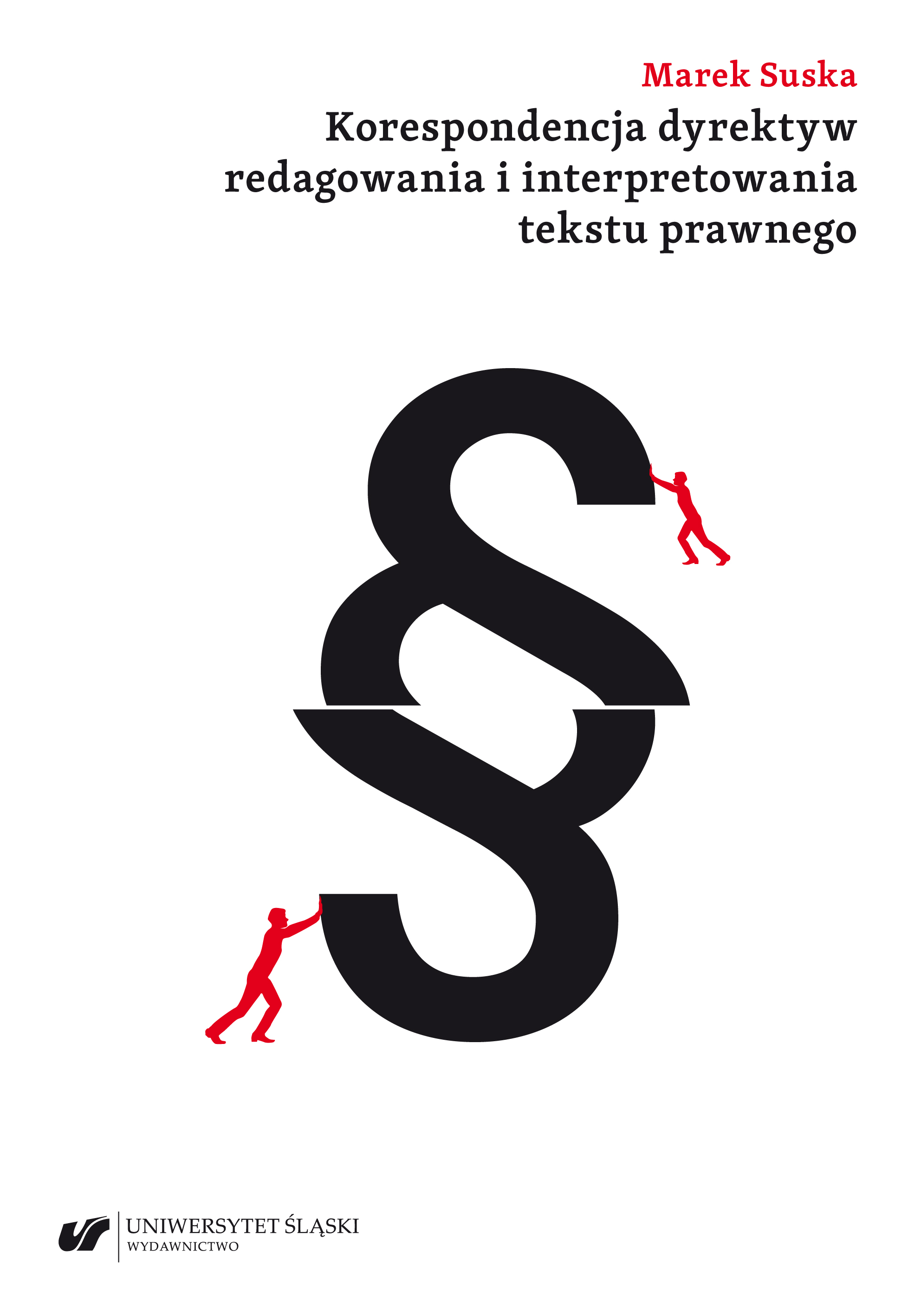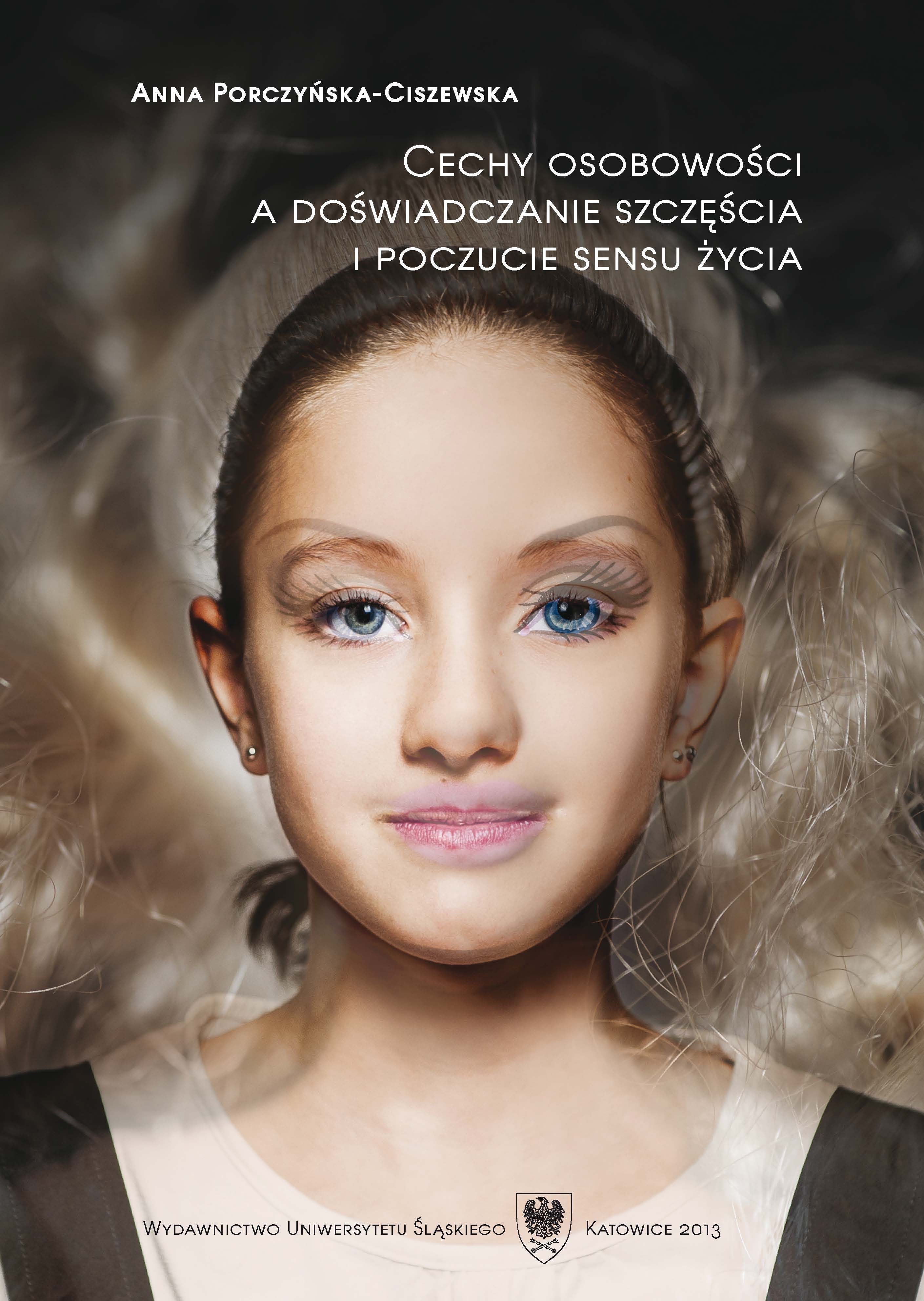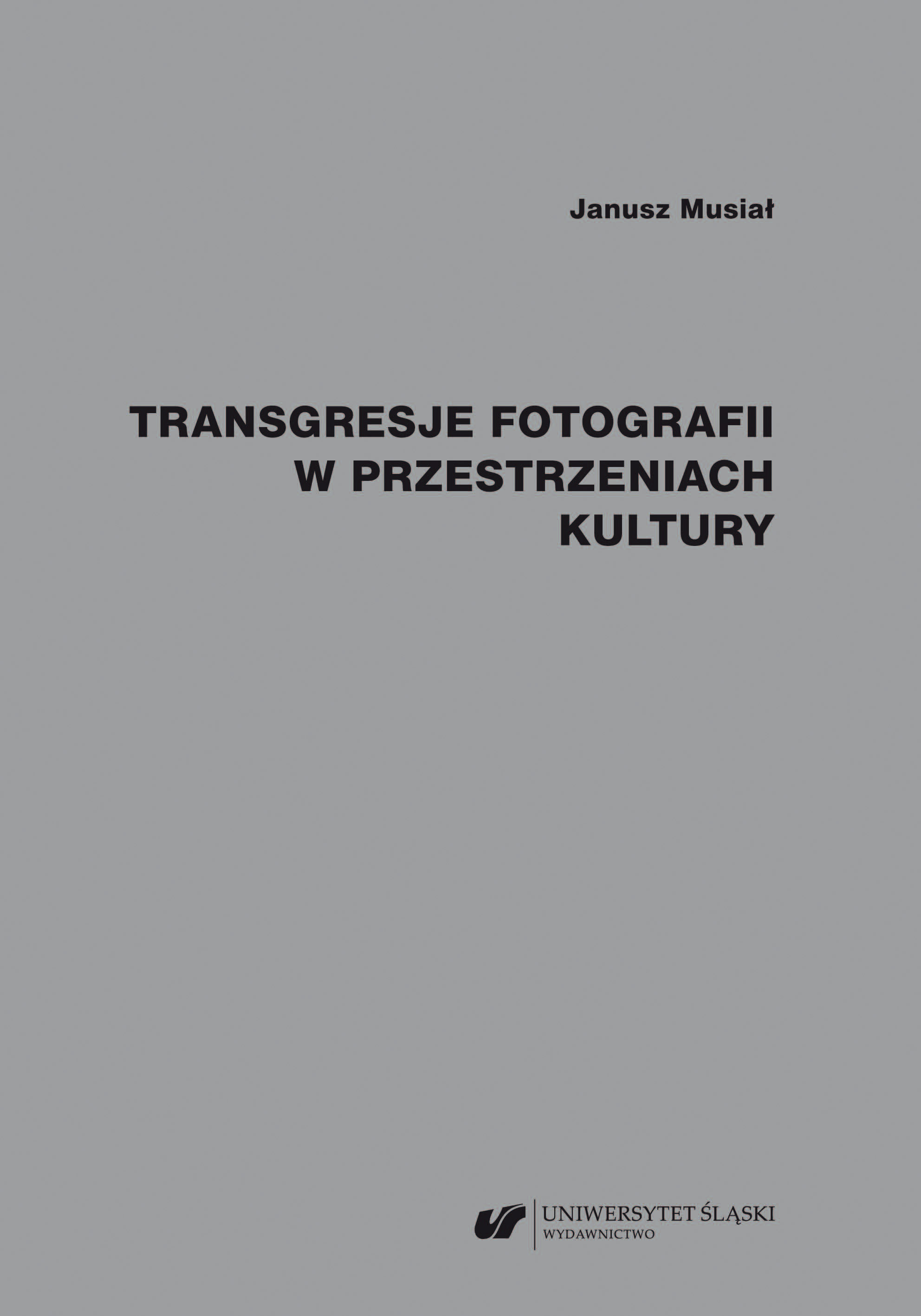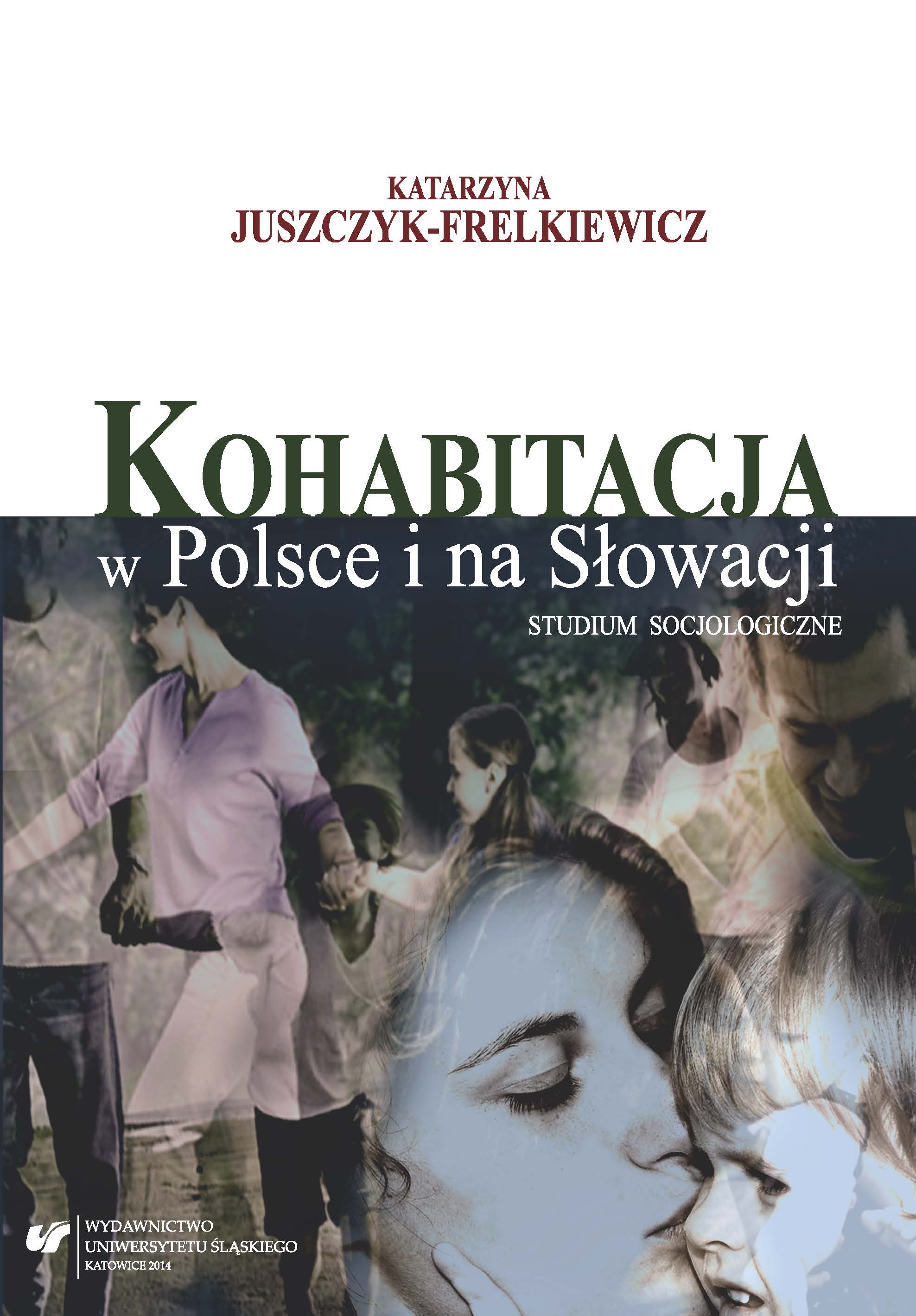
Cohabitation in Poland and Slovak Republic. A Sociological Study
Kohabitacja w Polsce i na Słowacji. Studium socjologiczne w środowiskach studenckich
Keywords: Poland; Slovak Republic
The advancing processes of individualization, secularization and emancipation, aswell as the young peoples’ struggle for self-realization and achieving success in theirprofessional life, make cohabitative relationship a more and more common, socially acceptedand favoured way of living.The book presents opinions of students from Poland and Slovakia regarding thephenomenon of cohabitation, which arouses enormous interest all over the world. Theopinions of students, considered as a sociological category, are extremely important ifthe diagnosis and the prospect of cohabitation phenomenon are taken into account.First, they constitute a model group (a group of comparative reference) for the generationof their peers. Moreover, they are under the biggest pressure of the postmodern cultureand its individualized patterns of self-realization. In this social environment, plansfor the future concerning the choice of marital status and family life, as well as theiropinions with regard to the significance of the institution of marriage in the contemporaryworld, are also closely connected with the most recently developed ways of establishingrelations between partners and with the directions of evolution of the cohabitationphenomenon.The quantitative research has been conducted among the students of the Universityof Silesia in Katowice and Constantine The Philosopher University in Nitra, Slovakia,in a reasearch group of 1237 students. The author has also held interviews with studentsliving in cohabitation and with experts from Poland and Slovakia. Interviews with theprofessionals contributed to a broader understanding of the direction in which the cohabitationphenomenon has been developing and of changes observed in the family lifeof people living in these two countries. The research has been conducted by the authoras part of the Visegrad Scholarship.
More...
